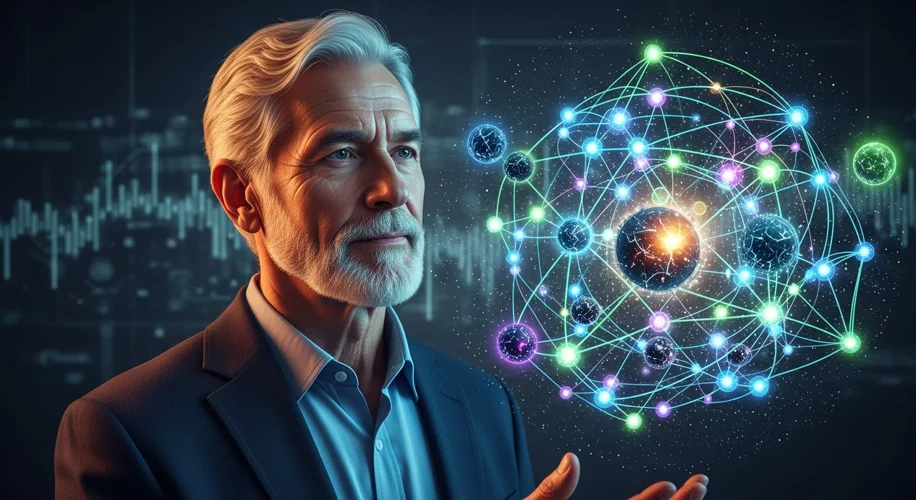Lately, there’s been a lot of talk about artificial intelligence and its development. One idea that’s surfaced is the notion of directing tech companies to make AI ‘bigoted’ again. It sounds jarring, doesn’t it? It certainly stopped me in my tracks.
As someone who’s spent a career in tech, I’ve seen firsthand how quickly things change. We’ve moved from basic software to complex systems that touch almost every part of our lives. And with that power comes responsibility. We’ve learned, sometimes the hard way, that the way we build these tools matters immensely.
Think about it: AI systems learn from the data we give them. If that data reflects existing societal biases – and unfortunately, much of it does – the AI can unintentionally perpetuate them. We’ve been working to identify and correct these biases, to make AI fairer and more equitable. The idea of deliberately programming bias back into these systems feels like a step backward, a rejection of the progress we’ve made.
Why would anyone suggest this? It’s a question that demands careful thought. Perhaps the intention is to understand bias better by seeing it built into a system. Or maybe there’s a belief that by forcing AI to be biased in specific ways, we can somehow control or mitigate its effects. These are complex ideas, and they touch on deep philosophical questions about control, intention, and the nature of intelligence itself.
My concern isn’t just about the technical aspect; it’s about the societal impact. What happens when the tools we rely on amplify divisions instead of bridging them? What message does it send if we consciously decide to embed prejudice into the very fabric of our digital world? It feels like we’d be actively choosing to make our world a less welcoming place, at least through the lens of technology.
We’ve always sought to improve things. From ancient tools to modern algorithms, humanity’s drive has often been about making life better, easier, and fairer. Introducing intentional bias into AI seems to go against that fundamental human impulse. It’s a path that could lead to unintended consequences, creating systems that are not just unfair, but actively harmful.
Instead of trying to reintroduce bias, perhaps our energy would be better spent on deeper understanding. How can we build AI that is not only intelligent but also wise? How can we ensure these powerful tools reflect the best of us, rather than the worst? These are the questions I believe we should be asking, and the challenges we should be striving to meet.

